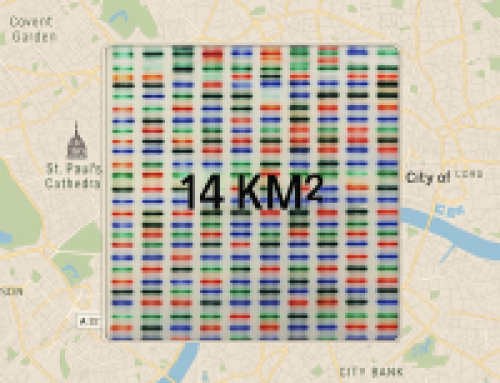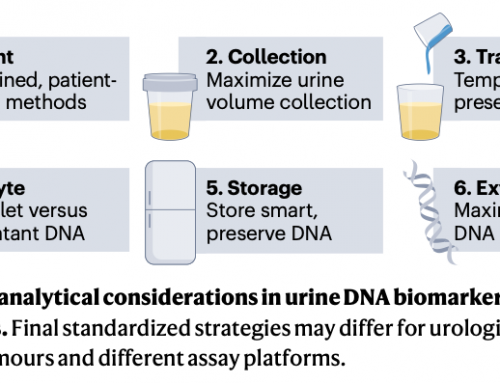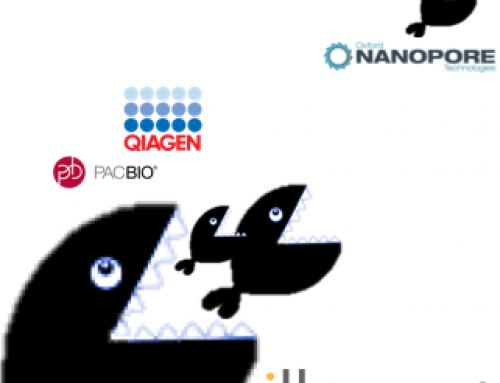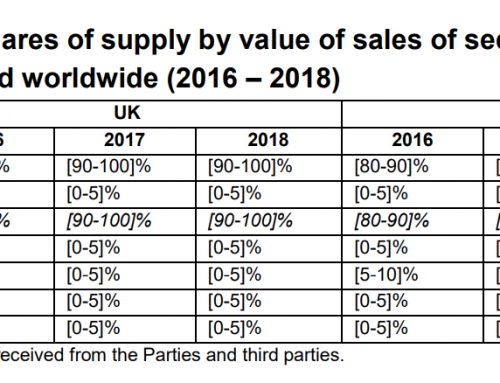This is a fantastic and comprehensive review on Cell-free DNA fragmentomics in cancer. Out in Cancer Cell by Denis Lo et al.
In this review focused on cell-free DNA (cfDNA) fragmentomics in the context of cancer diagnostics the authors explore how analyzing cfDNA fragmentation patterns can provide new insights into cancer biology and detection.
Fragmentomics involves studying various characteristics of cfDNA fragments, such as size (not just traditional 170bp nucleosome wrapped DNA fragments, but also ultra-short and long-cfDNA populations), end motifs, and nucleosome occupancy, and how these patterns reflect epigenetic dysregulation, transcriptomic alterations, and cell death processes in cancer.
There’s quite a bit of coverage on the DELFI Diagnostics method, which the authors appear to think shows great potential as a tool for cancer detection, localization, treatment monitoring, and risk prediction. This is beacuse of its ability to estimate tumor fraction and predict overall survival, making it a valuable asset in cancer management. Delfi clinical trials have demonstrated promising results for lung cancer detection, with the potential to prevent a significant number of deaths. However, further research and comparisons with other fragmentomics-based cancer detection algorithms are necessary to optimize its performance and ensure the most up-to-date results are implemented.
Finally, the review discusses recent advancements in wet-lab technology, library prep, computational methods and artificial intelligence to analyze fragmentomic features, along with clinical trials evaluating the utility of these analyses for cancer care, ultimately emphasizing the potential of fragmentomics-based liquid biopsies.










Leave A Comment